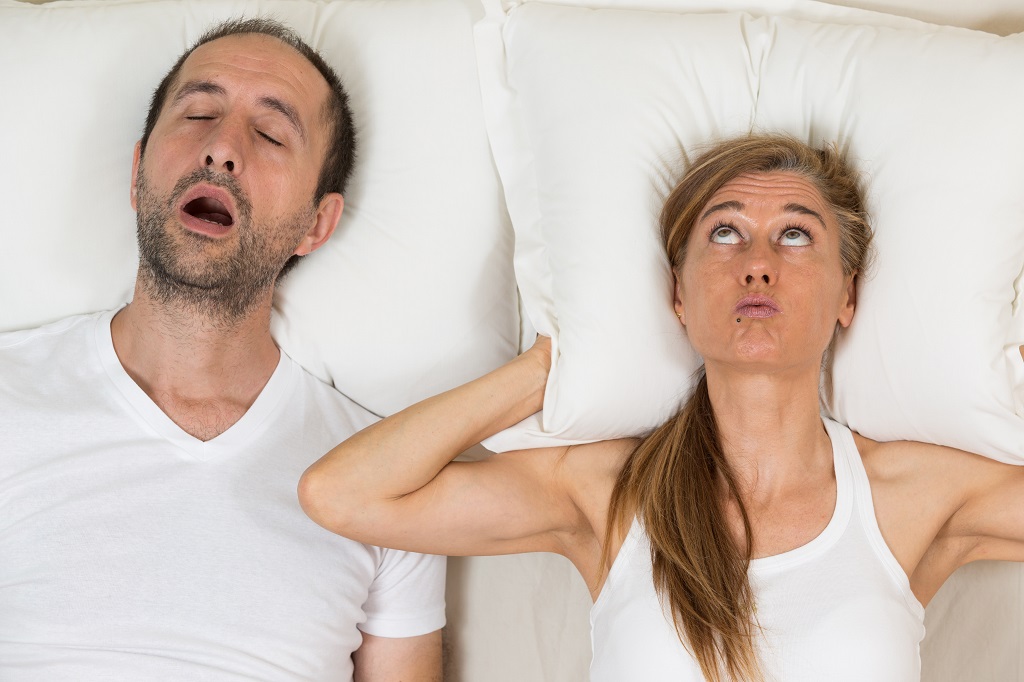
Dreams are an integral part of our life, but what happens when you stop having them? It is perfectly normal to not remember most of your dreams, but if you aren’t remembering any of them at all, then you might have a much deeper problem – a problem that you need to take care of immediately. There are many people out there who don’t remember all of their dreams, but if you aren’t remembering any of them at all, there could be a significant problem, and it might even be time for you to take an oximetry test.
Do you Need an Oximetry Test?
In a normal, healthy individual, there should be five stages of sleep:
- Early Sleep
- Light Sleep
- Slow Wave Sleep
- Deep Sleep
- REM Sleep
REM sleep is when dreaming occurs, and if you are unable to reach it, then it would be reasonable to assume that you wouldn’t remember any dreams. This situation is not only undesirable, it is unhealthy and needs to be addressed as quickly as possible. Something important and interesting to note is that yes, you can dream in non-REM sleep, but the majority of dreams occur in REM, making this the desirable level of sleep, period. Studies have shown definitively that those who do not have sleep apnea are definitely able to recall, but those who suffer from it have a much lower incidence. That alone should say something.
A sleep oximetry test will help to determine the level of oxygen in the blood during sleep, and lower levels indicate that you aren’t taking in enough, ultimately resulting in you constantly awakening, even if it’s not something that you remember. Every time you stop breathing, as part of the brain’s survival mechanism, you will wake up, and more often than not, you won’t go back into the REM sleep state.
An Exception to the Rule
As a bit of an exception to the sleep apnea rule, there are those who have moderate sleep apnea who might actually experience worse dreams or more vivid dreams. The problem is that their REM sleep is interrupted by the feeling of choking, which causes what we would call nightmares or emotionally charged dreaming sessions.
The thing to remember is that we tend to take what’s going on around us and incorporate it into our dreams, generally to keep ourselves from waking up. If someone speaks to us while we are in a dream state, we integrate it into our sleep, and the same applies to the feeling of being choked.
A Solution Everyone can Agree On
What we have learned so far, is that sleep apnea can cause an individual to either stop dreaming or may, in fact, cause them to start experiencing nightmares, neither of which is an acceptable or desired outcome. The best solution we have right now, after administering an overnight oximetry test, is to provide a patient with a CPAP device which forces the airway open and allows the patient to reach REM sleep once again. There is no guarantee that a patient will remember every single dream they have at night, but it’s a great start and a potential solution to a serious problem.
Oximetry Testing is Necessary
Oximetry testing is an accurate method of detecting sleep apnea, and it can help a patient return to a healthier state of being. It can take some time to administer the test, but thanks to the at-home methods available today, many people are getting the help they need despite their busy lives and schedules. There is little doubt that a solution for sleep apnea is on the horizon, but how long that will take is anyone’s guess.
For the moment, CPAP machines and oximetry testing are the best way to solve the problem and provide patients long-term results. With home testing devices this is not only possible, it is more convenient, and ultimately, much more cost effective than the in-lab alternative. It’s a new world for sleep apnea and a return to REM sleep for those who seek the help they need.
VirtuOx is the leader in home sleep tests and pulse oximetry.
Click the link below to get more information plus to receive a FREE Report…